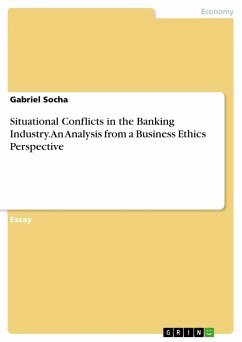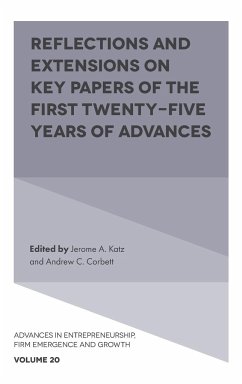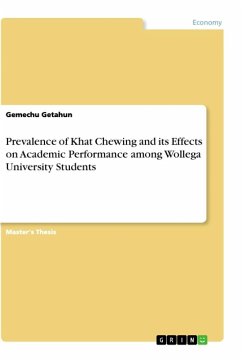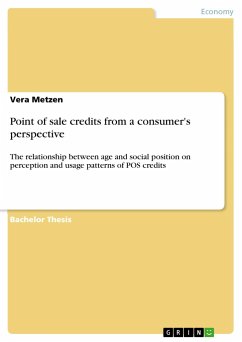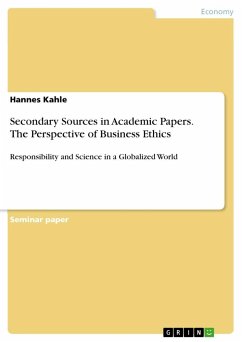
Secondary Sources in Academic Papers. The Perspective of Business Ethics
Responsibility and Science in a Globalized World

PAYBACK Punkte
0 °P sammeln!
Seminar paper from the year 2016 in the subject Business economics - Business Ethics, Corporate Ethics, grade: 1,7, Leuphana Universität Lüneburg, language: English, abstract: The aim of this essay is to analyze to what extend quotations in academic articles and/or monographs that solely exist out of secondary and not primary sources are problematic from the perspective of academic ethics in general and business ethics in particular. Despite being an accepted tool in academic writing and research, the excessive use of secondary sources resembles the exploitation of foreign efforts in the pro...
Seminar paper from the year 2016 in the subject Business economics - Business Ethics, Corporate Ethics, grade: 1,7, Leuphana Universität Lüneburg, language: English, abstract: The aim of this essay is to analyze to what extend quotations in academic articles and/or monographs that solely exist out of secondary and not primary sources are problematic from the perspective of academic ethics in general and business ethics in particular. Despite being an accepted tool in academic writing and research, the excessive use of secondary sources resembles the exploitation of foreign efforts in the procurement and analysis of primary sources. The research method of this essay is based on an extensive literature research to work out central aspects of academic ethics being relevant for the creation of academic articles and monographs as products of scientific communities. Furthermore, different philosophical approaches are consulted to gain a comprehensive understanding of the business ethics approach and its fundamental pillars. The analysis comes to the conclusion, that citations solely from secondary sources and in the absence of a comprehensive confrontation with primary literature harm central values introduced by the European University Institute as the cornerstones of integrity and good scientific practice. From a business ethics point of view, the conduct violates rules of proportion and endangers the beneficiance of (scientific) communities as it represents an act of selfishness to the own self-interest.







